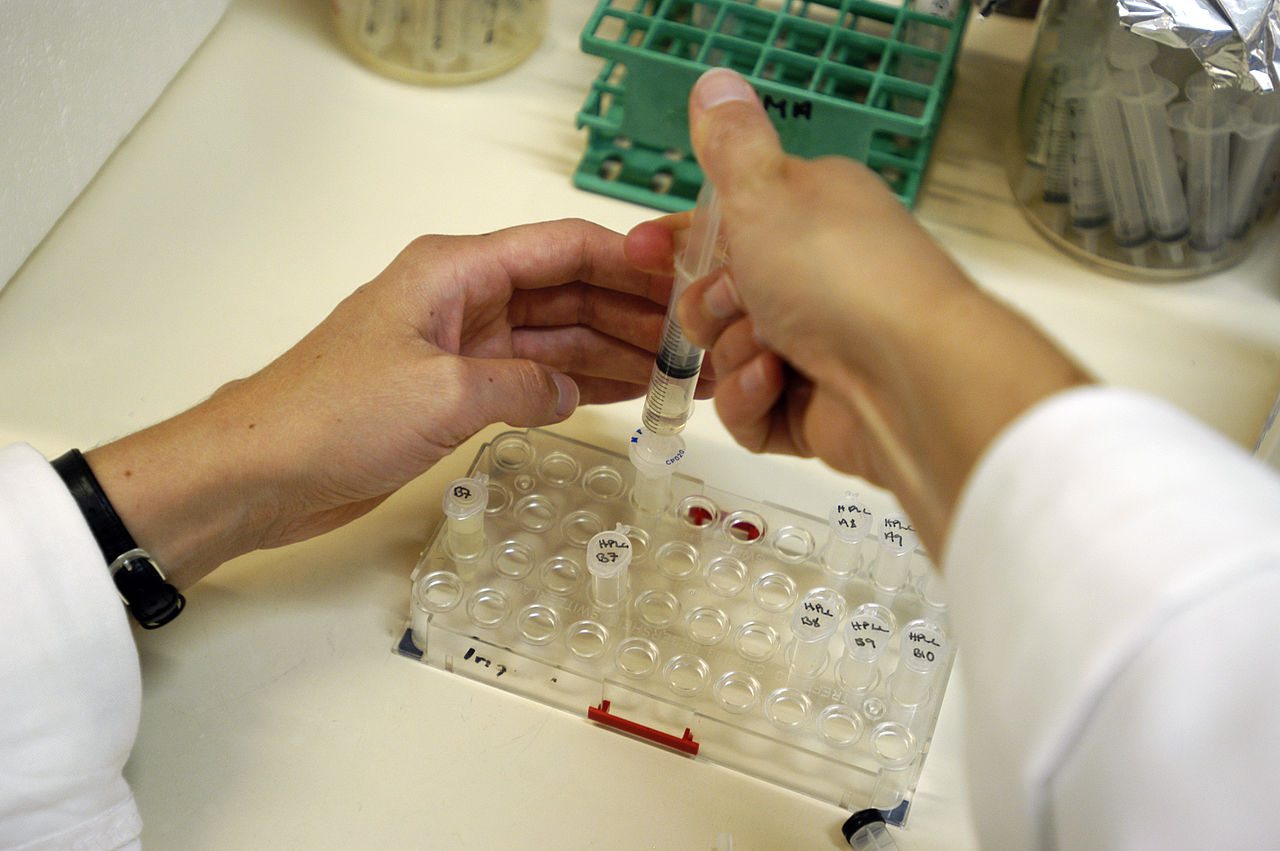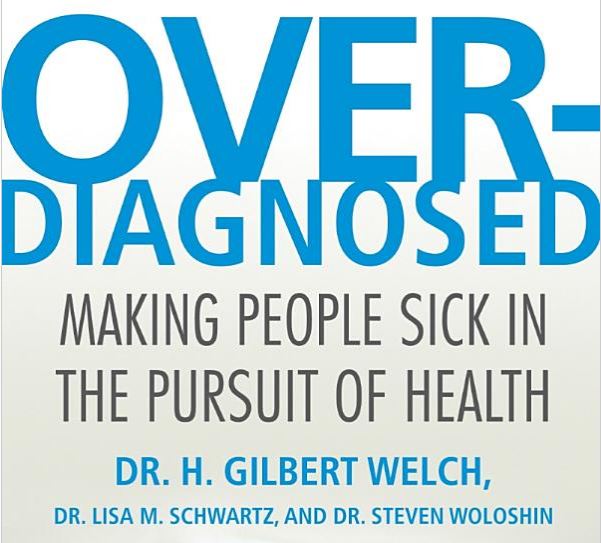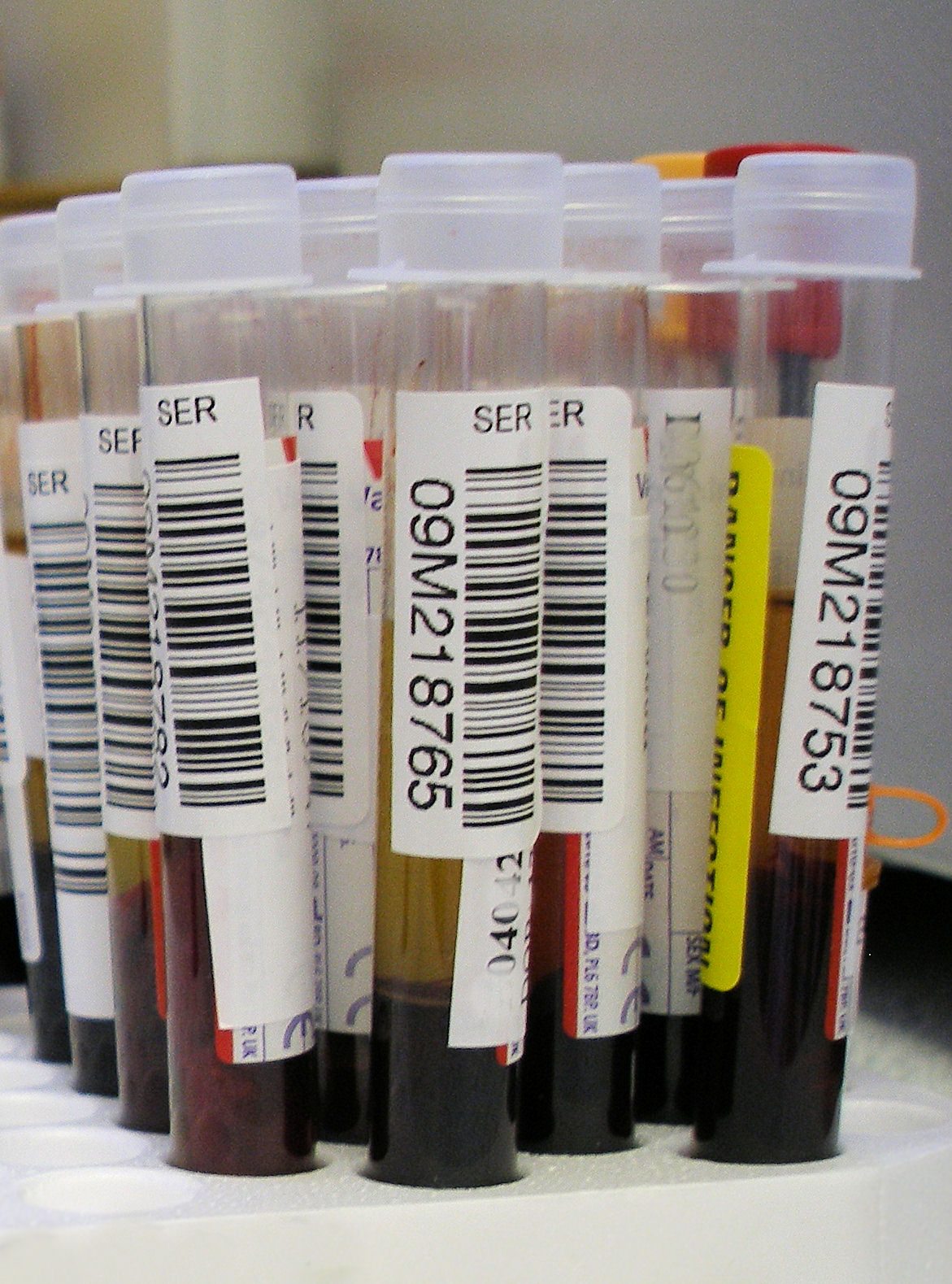Tag: screening tests
Colonoscopy and Other Colorectal Cancer Screening Options: An Update
When I wrote about colonoscopy in 2010, colonoscopy was thought to be the best screening test for colorectal cancer because it could visualize the entire colon and could remove adenomas that were precursors of cancer. But only fecal occult blood testing (FOBT) and sigmoidoscopy had been proven to decrease colorectal cancer incidence and mortality (by 16% and 28%, respectively). Observational evidence suggested...

A Skeptical Look at Screening Tests
Not all screening tests are worth taking. And in particular, some screening tests are worthless.
Too Much Information!
Some people would like to manage their own health care without having to depend on a doctor. They consult Google, diagnose themselves, and treat themselves. The Do-It-Yourself trend in lab tests continues apace. Without a doctor’s order, patients can get legitimate and/or questionable lab tests directly from various companies such as Any Lab Test Now and Doctor’s Data (which has sued Stephen...
Re-thinking the Annual Physical
Please note: the following refers to routine physicals and screening tests in healthy, asymptomatic adults. It does not apply to people who have been diagnosed with diseases, who have any kind of symptoms or signs, or who are at particularly high risk of certain specific diseases. Throughout most of human history, people have consulted doctors (or shamans or other supposed providers of...
Virtual Colonoscopy Can Be Hazardous to Your Health
The US Preventive Services Task Force (USPSTF) recommends that everyone aged 50-75 be screened for colon cancer with any one of three options: colonoscopy every 10 years, flexible sigmoidoscopy every 5 years, or fecal occult blood testing (FOBT) every year. Conventional colonoscopy is considered the “gold standard” since it allows for direct detection and biopsy of early cancers and removal of precancerous...

Overdiagnosis
Dr. H. Gilbert Welch has written a new book Over-diagnosed: Making People Sick in the Pursuit of Health, with co-authors Lisa Schwartz and Steven Woloshin. It identifies a serious problem, debunks medical misconceptions and contains words of wisdom. We are healthier, but we are increasingly being told we are sick. We are labeled with diagnoses that may not mean anything to our health....
Questioning Colonoscopy
Everybody knows that colonoscopy is the best test to screen for colorectal cancer and that colonoscopies save lives. Everybody may be wrong. Colonoscopy is increasingly viewed as the gold standard for colorectal cancer screening, but its reputation is not based on solid evidence. In reality, it is not yet known for certain whether colonoscopy can help reduce the number of deaths from...

Screening Tests – Cumulative Incidence of False Positives
It’s easy to think of medical tests as black and white. If the test is positive, you have the disease; if it’s negative, you don’t. Even good clinicians sometimes fall into that trap. Based on the pre-test probability of the disease, a positive test result only increases the probability by a variable amount. An example: if the probability that a patient has...

